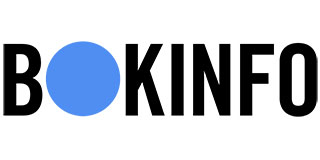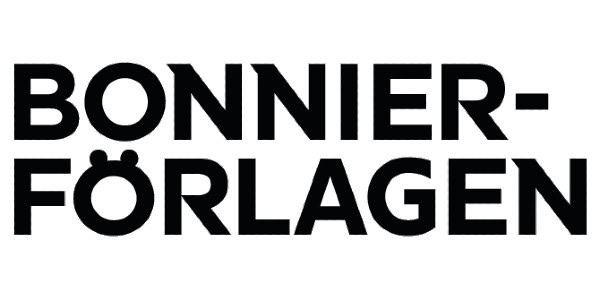
Fornsvenskans lexikala kodifiering i Söderwalls medeltidsordbok

| Serie | Serie 1. Svenska skrifter |
|---|---|
| Författare | |
| Förlag | Svenska fornsskriftssällskapet |
| Genre | Språk (inkl. lexikon, parlörer och ordböcker) |
| Format | Häftad |
| Språk | Svenska |
| Antal sidor | 322 |
| Vikt | 538 gr |
| Utgiven | 2009-12-27 |
| SAB | Fca.02 |
| ISBN | 9789197611848 |
This thesis describes K. F. Söderwall’s dictionary Ordbok öfver svenska medeltids-språket (1884–1918), Sdw, focusing on its representation of Old Swedish in relation to contemporaneous linguistics and lexicography. Lexicography is studied as part of the language sciences and in a socio-cultural context. The study draws on methodological principles of linguistic historiography and on two models based on four types of lexicographic historiography and four metalexicographic structures. Four topics are explored: 1) The lexicographer’s scholarly and socio-cultural context illustrates that the era the dictionary was created in was favourable for the historical study of language, undergoing an epistemological and methodological shift from a romantic view of language in context to a linguistic view of language as a system. 2) The lexicographer does not consistently adhere to contemporaneous – historical-romantic or neogrammarian – scholars, indicating that his aim was not to propound a research program, but rather to describe the Old Swedish encountered in the sources. 3) Sdw remains profoundly important in its field and serves – perhaps unintentionally – as a lexical codification of Old Swedish. This is studied through the dictionary’s printed sources and through the normalization of its lemmas. The sources correspond adequately to the Old Swedish texts published at the time, although the textual references reveal a slight predominance of translated literary texts. The lemma forms suggest that the aim was neither to normalize the lexicon according to certain theories, nor to reflect a certain dialect, genre or other part of the language period; rather the lexicographer takes a philological stance in considering the history and instances of each word. 4) Sdw shares most formal traits with its Old West Scandinavian counterparts in the study of a few Germanic historical dictionaries available at the time.
Språk i boken: svenska






















